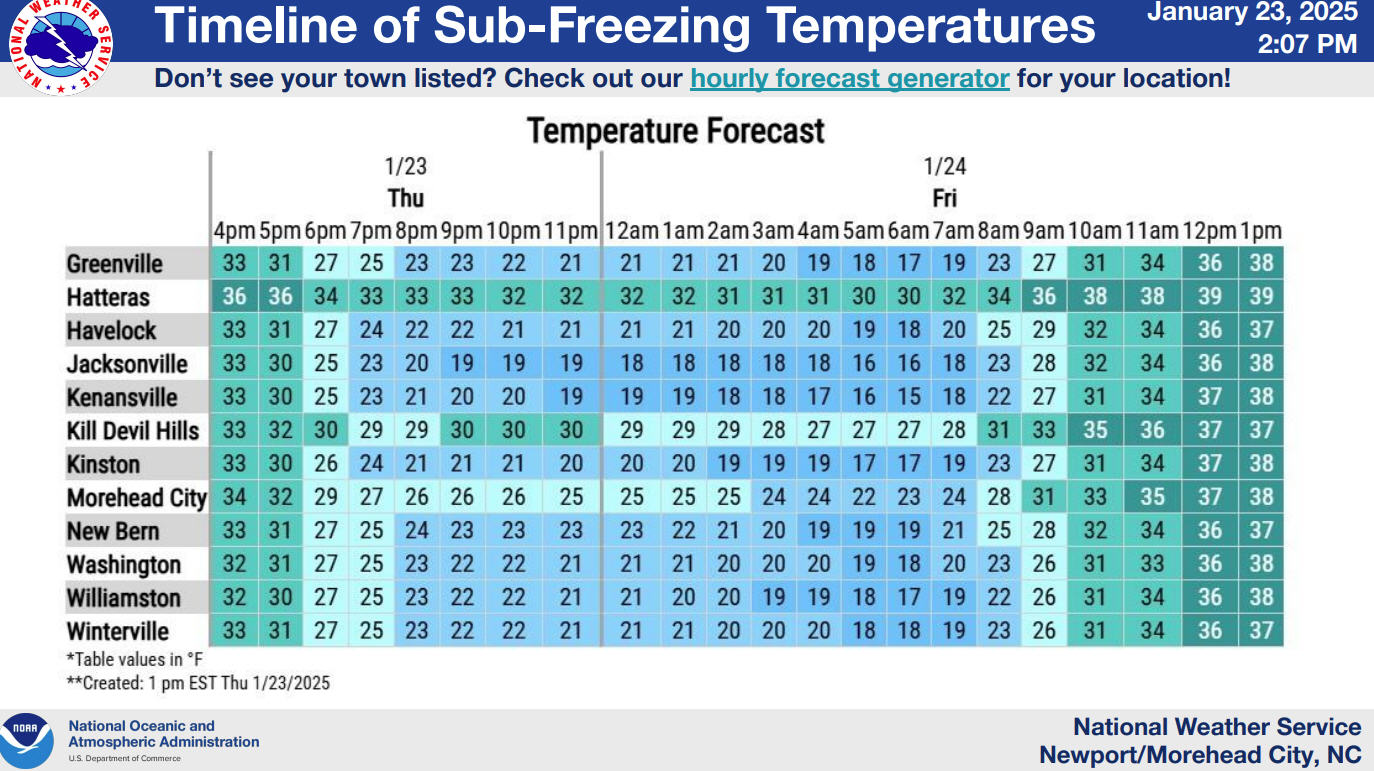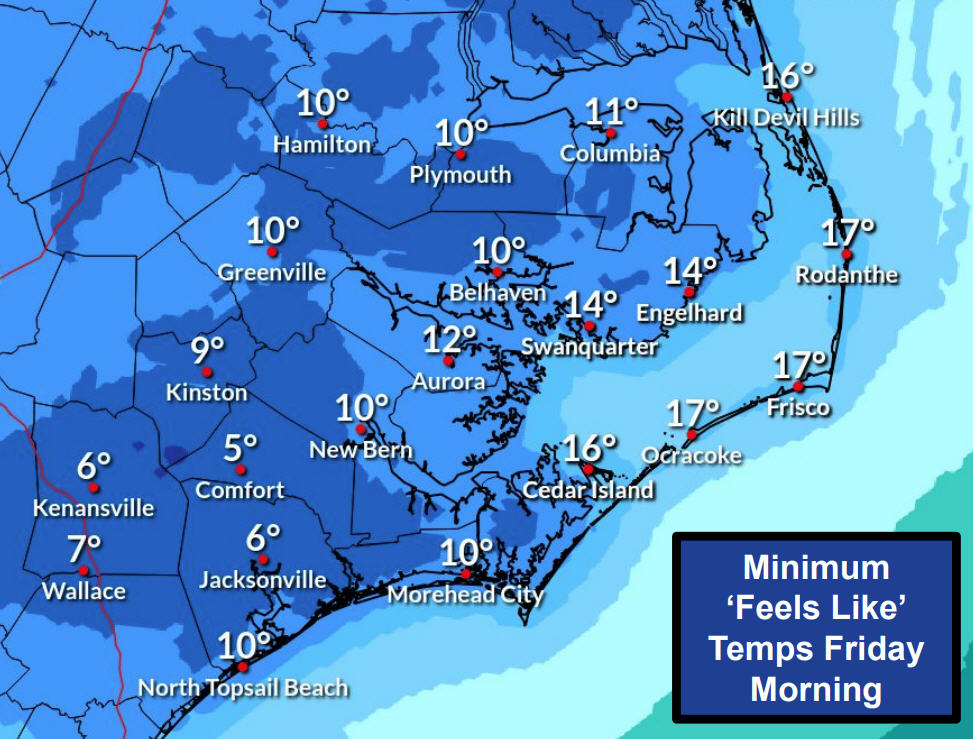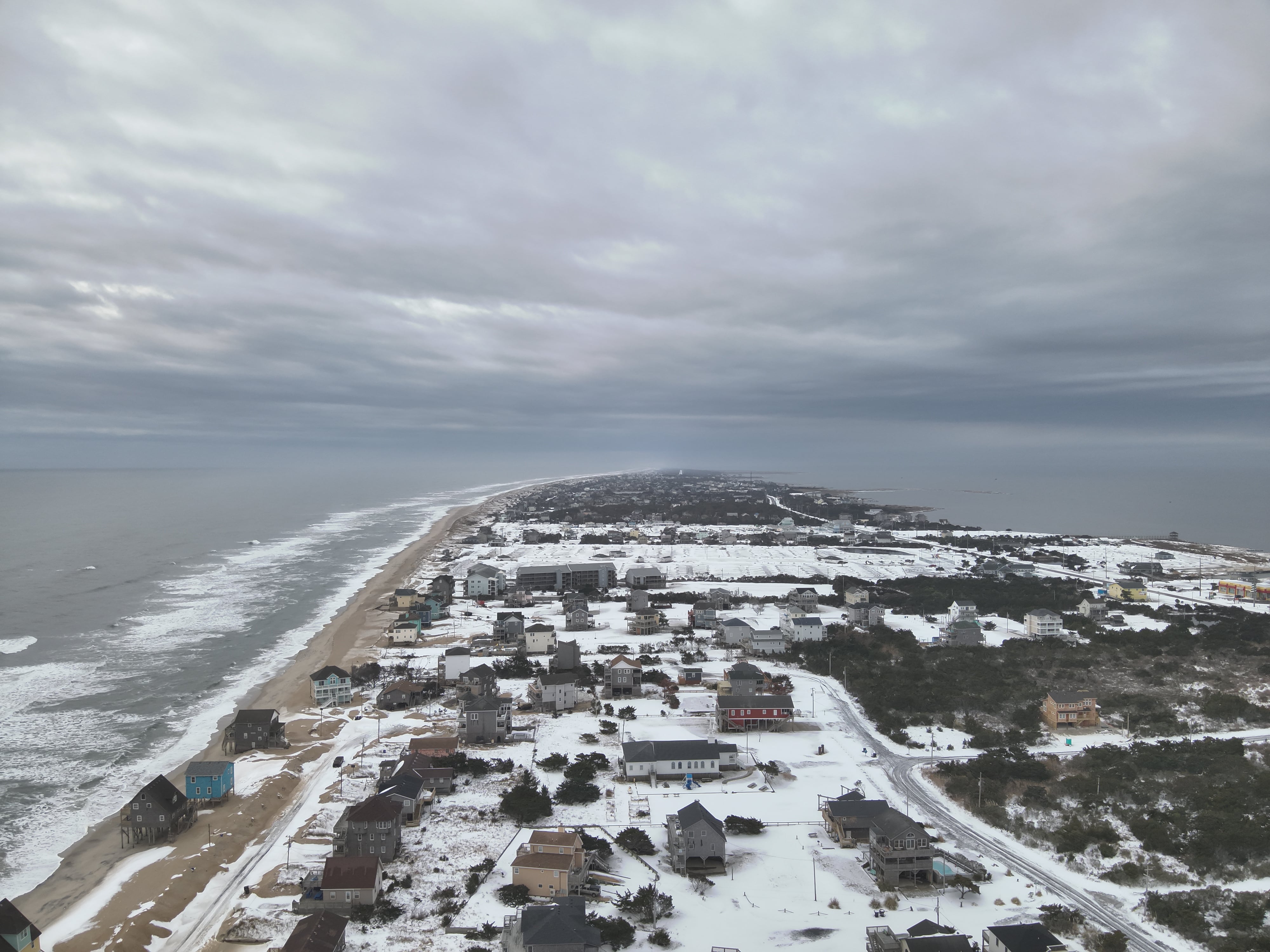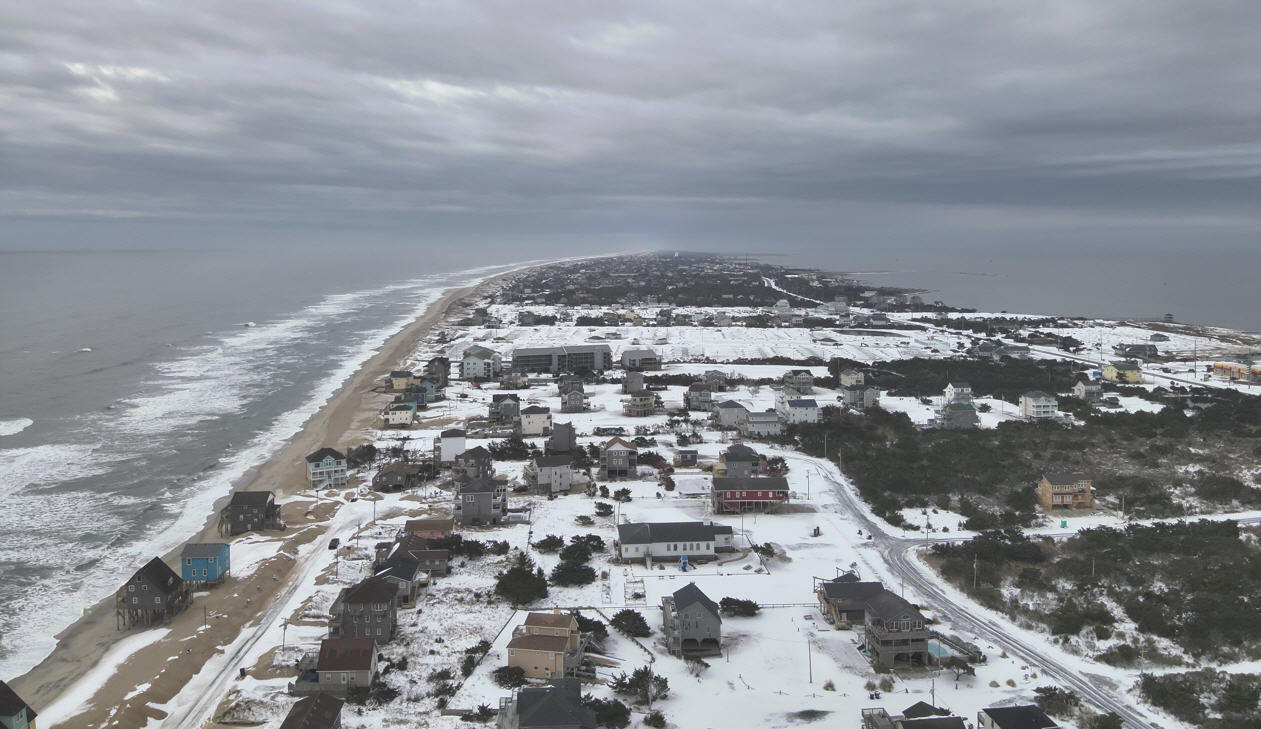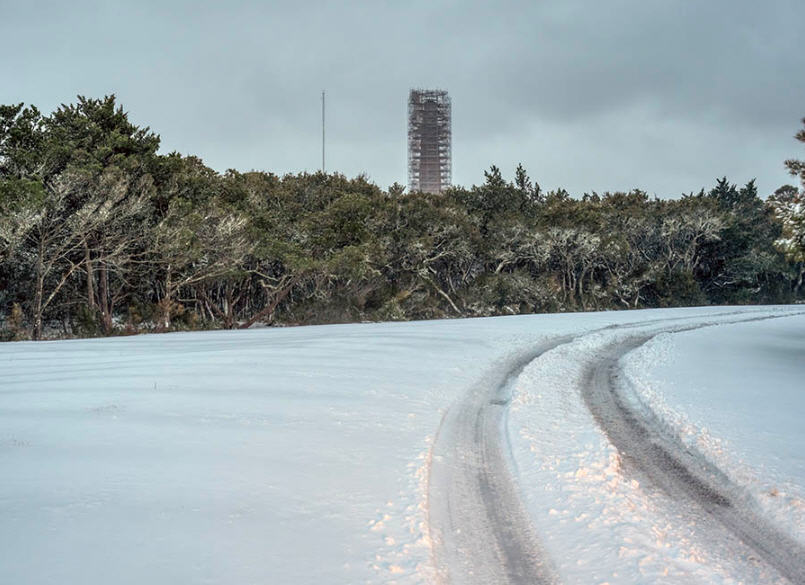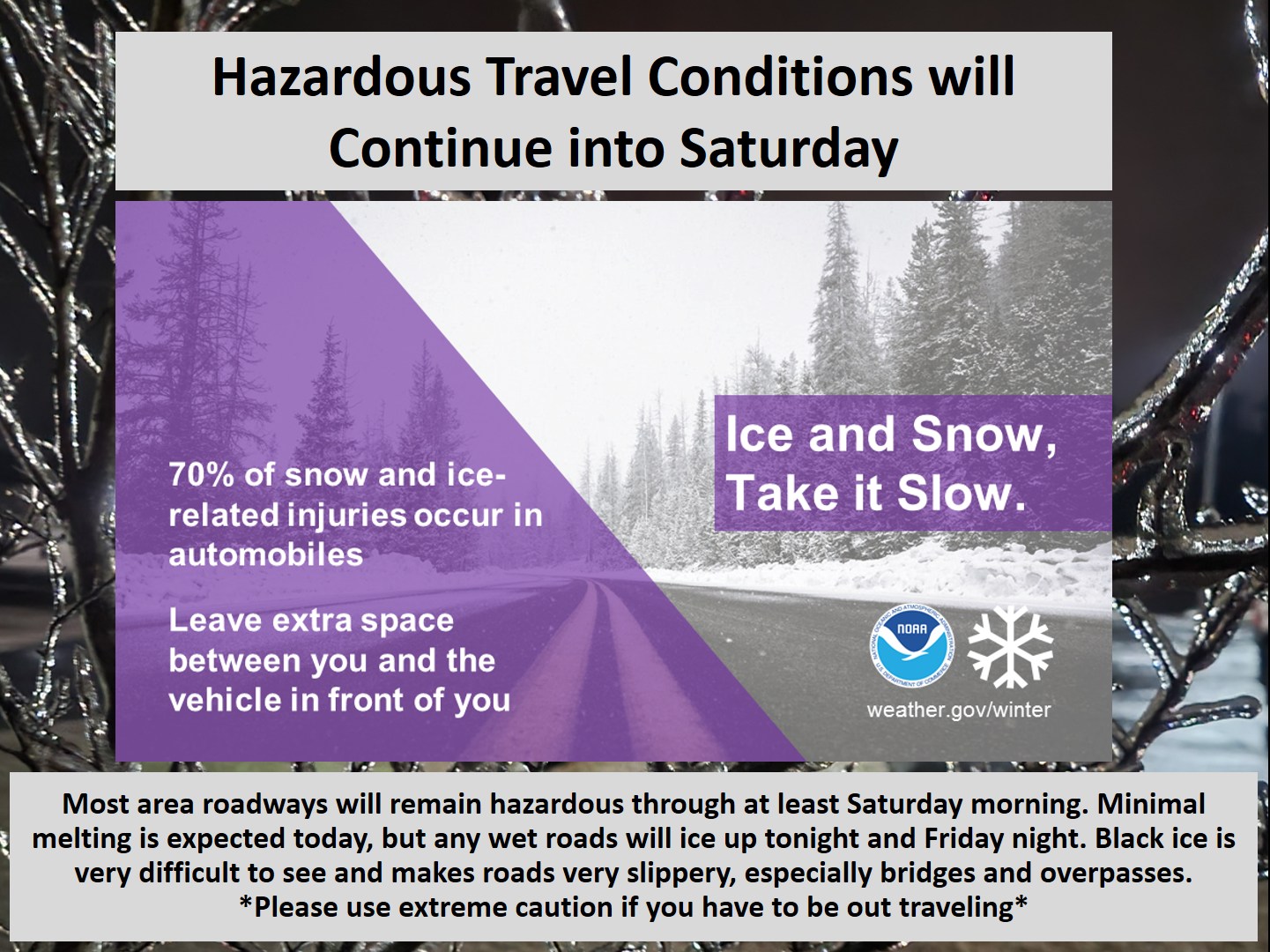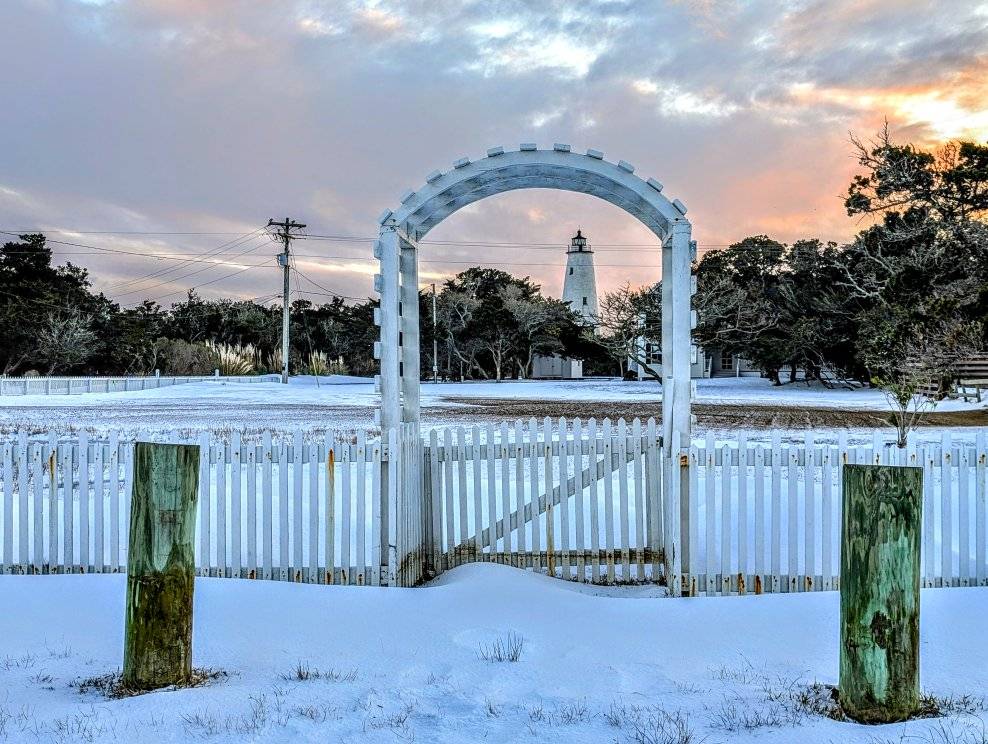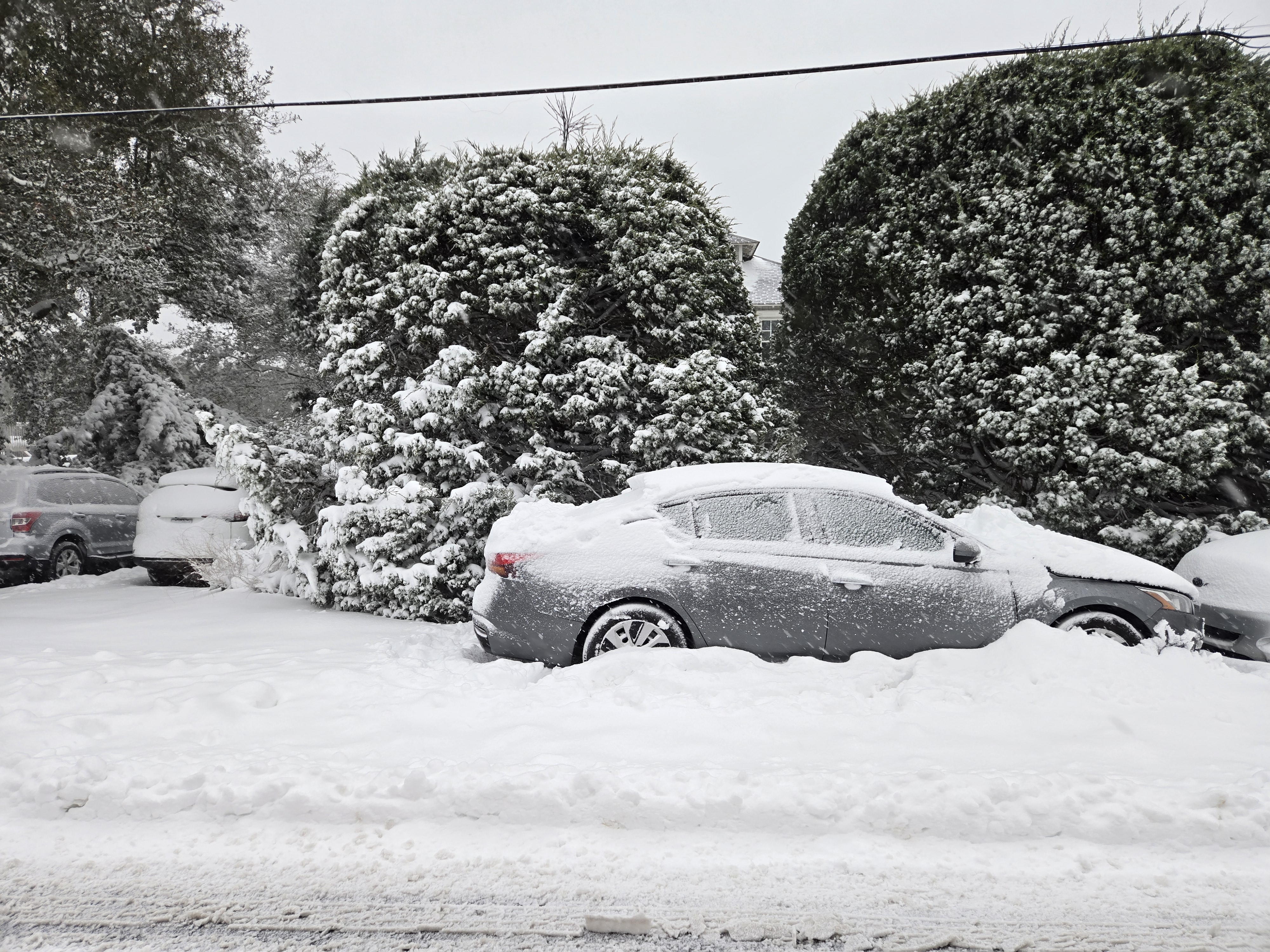UPDATE: Defendants and intervenors respond to CHAPA’s objection to Boyle transfer
The federal defendants and the defendant-intervenors have responded to the Cape Hatteras Access Preservation Alliance’s objection to transferring its lawsuit over the National Park Service’s final off-road vehicle plan and special regulation.
On July 26, U.S. District Court Judge Emmet Sullivan of the District of Columbia said he was inclined to transfer the case from his Washington, D.C., court to federal Judge Terrence Boyle in the Eastern District of North Carolina.
He proposed transferring the case “sua sponte,” or on his own without a request from any of the parties, to Boyle, the controversial judge who oversaw a 2007 lawsuit against the Park Service by environmental groups and a 2008 consent decree that settled that case.
CHAPA filed the lawsuit on Feb. 9 in the U.S. District Court in Washington, D.C. In the action, CHAPA challenges both the final rule and plan and alleges that in formulating the documents, the Department of the Interior, the National Park Service, and the Cape Hatteras National Seashore violated the National Environmental Policy Act, the Administrative Procedures Act, the seashore’s enabling legislation, and the NPS Organic Act.
Sullivan allowed the Defenders of Wildlife, the National Audubon Society, and the National Parks Conservation Association to join the action as defendant-intervenors. Those groups are represented by the Southern Environmental Law Center.
In an Aug. 6 brief, attorneys for CHAPA objected to the transfer.
In an Aug. 10 court filing, the federal attorney for the defendants said they “neither propose nor oppose transfer.”
On Monday, Aug. 13, the defendant-intervenors filed a 14-page response that strongly urges Sullivan to transfer the case to Boyle.
The defendants’ barely three-page brief does note the somewhat strange status of the 2007 lawsuit and consent decree in Boyle’s court, which was scheduled to expire when the ORV plan and regulation were final.
That happened on Feb. 15, but Boyle has had two status hearings on the consent decree since then and has scheduled another for December. He doesn’t seem to be in any hurry to relinquish his hold on the case.
The defendants note that the case in North Carolina “remains unanticipatedly pending.”
“At this juncture, it is unclear whether that case will remain pending, or for how long or what purposes, and whether such continuation would be proper,” the defendants state. “Nevertheless, given the possibility that case will remain pending, a risk arises of inconsistent judgments in the event this case is not transferred.”
On the other hand, the environmental groups argue that the cases are related and arise out of the same facts and law and should be in Boyle’s court and they seem to argue that their 2007 complaint is still pending.
“Because of the pendency of the related earlier-filed North Carolina Case,” their filing says, “transfer of this case to the EDNC, while not required, is warranted in order to conserve judicial resources, avoid subjecting the parties to inconsistent judgments, and thereby promote justice.”
It goes on to say that while both courts are capable of interpreting and applying the law, it would be “wasteful” for two courts to be “burdened with resolving the present controversy between the parties, when the EDNC has already been doing so for nearly five years.”
Boyle’s court, they argue, is “extremely familiar with the facts and laws that give rise to both that case and the present one.”
Boyle, they note, is often assigned other cases involving ORV use at the seashore and “is uniquely familiar with its history, geography, and landscape.”
“Thus, the proposed transfer to a court already familiar with the factual and legal predicate to this case would promote judicial economy.”
The defendant-intervenors further argue that while the claims in the two cases are “not exactly identical,” they both arise out of the defendants’ management of ORV driving at the seashore and allege claims under the Administrative Procedure Act, National Environmental Policy Act, the seashore’s enabling legislation, and the NPS organic act.
The environmental groups go on to make an argument that the court has a stated interest in seeing local controversies settled at home. And they claim this is a local controversy.
“Like the North Carolina Case, the outcome of this litigation could affect the nature and amount of different kinds of tourism, land use, and wildlife in coastal North Carolina, as well as the local economy in and around Cape Hatteras, either adversely as CHAPA
predicts in its Complaint or beneficially as early economic indicators such as park visitation and hotel/rental occupancy rates are showing.”
To strengthen the case that this is a local controversy, the defendant-intervenors note that local government officials weighed in on the draft plan. They go on to note that CHAPA exists in North Carolina, four of five public meetings on the draft environmental impact statement happened in this state, and that the rulemaking “generally” took place here.
FOR MORE INFORMATION
To read the federal defendants’ response, click here.
To read the defendant-intervenors response, click here.





